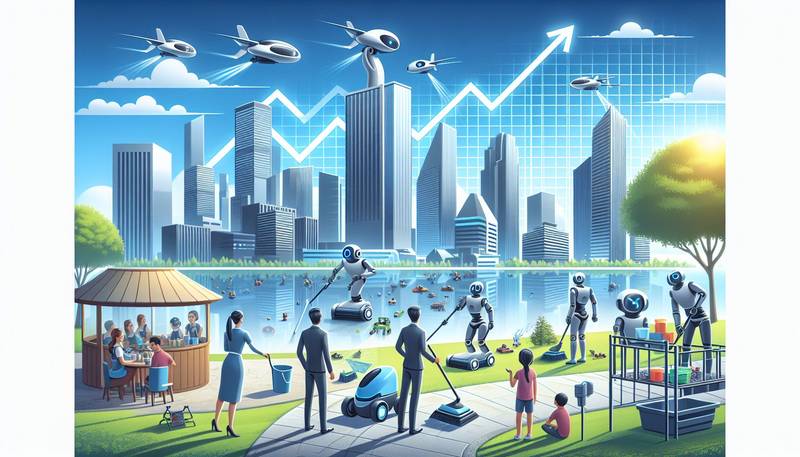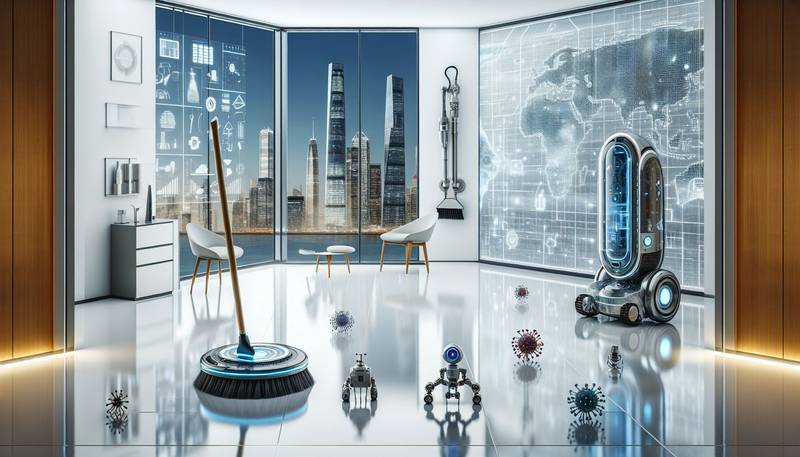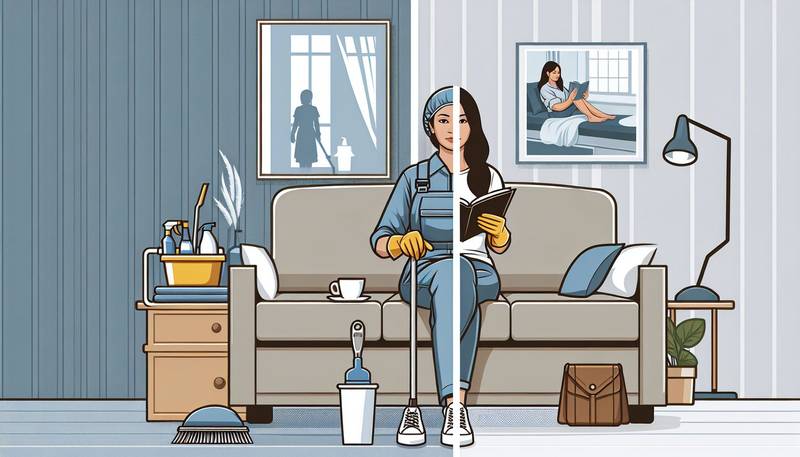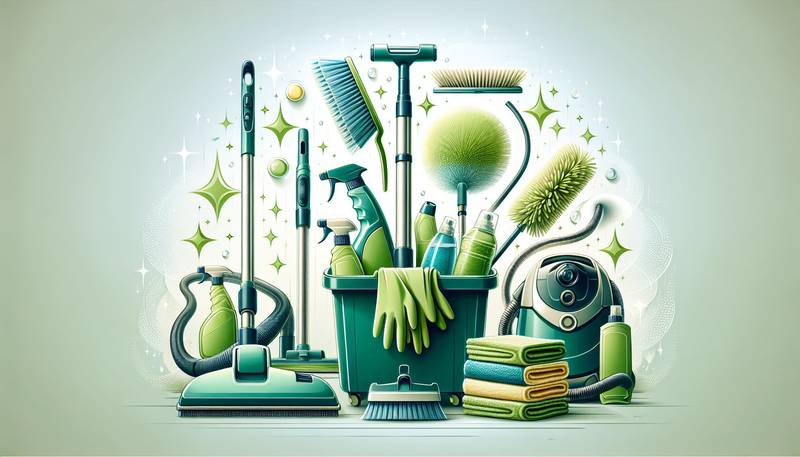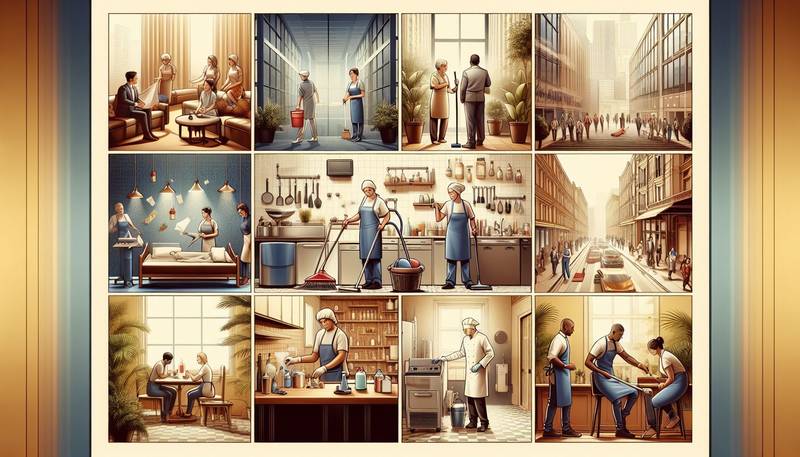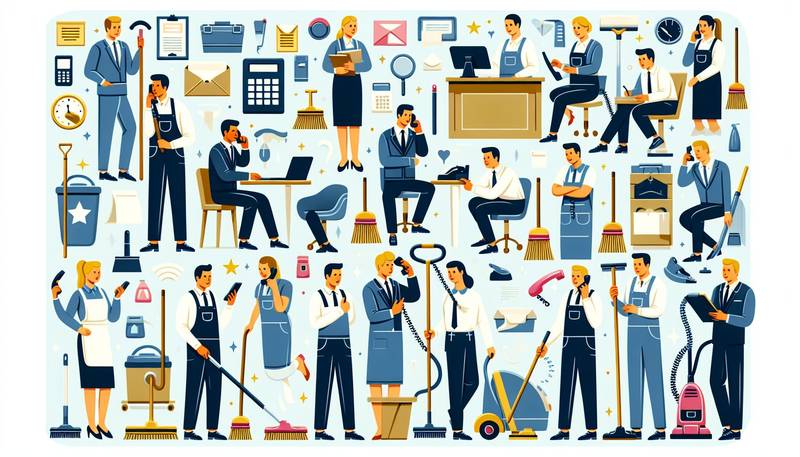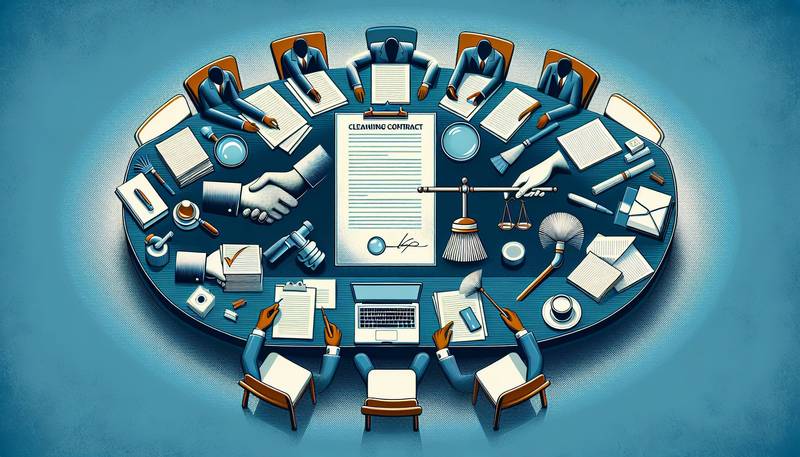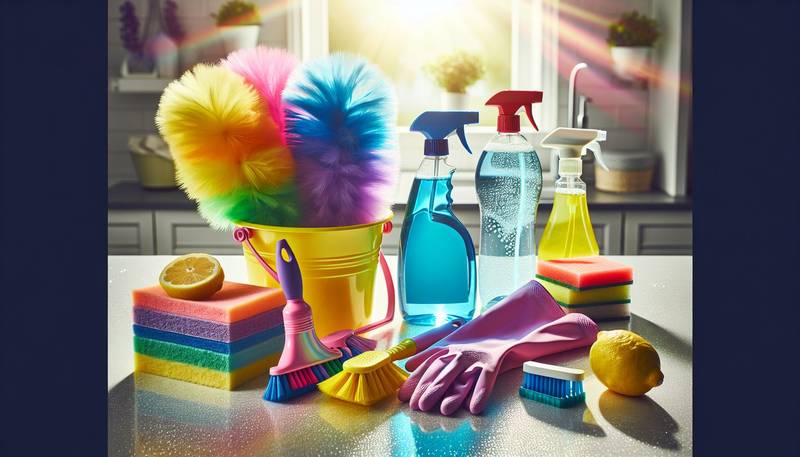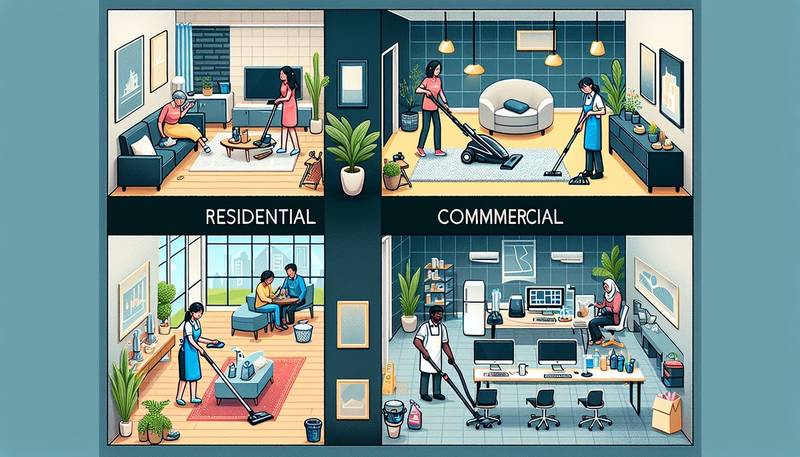The Future of Cleaning Jobs: Trends and Predictions
However, as technology advances and societal trends shift, the future of cleaning jobs is also evolving. In this article, we will explore some of the trends and predictions for the future of cleaning jobs.
The Rise of Automation
One of the most significant trends in the cleaning industry is the rise of automation. With advancements in robotics and artificial intelligence, cleaning tasks that were once performed by humans can now be completed by machines. From automated floor cleaners to self-cleaning toilets, technology is changing the way cleaning jobs are done.
While automation may lead to some job displacement for traditional cleaners, it also creates new opportunities for those with technical skills to operate and maintain cleaning robots and other automated systems. Companies that invest in automation can improve efficiency, reduce costs, and provide more consistent cleaning results.
Focus on Health and Safety
Another trend shaping the future of cleaning jobs is an increased focus on health and safety. The COVID-19 pandemic has highlighted the importance of proper cleaning and disinfection practices to prevent the spread of illness. As a result, cleaning companies are implementing stricter protocols and using more advanced cleaning products to ensure that spaces are clean and sanitized.
In the future, cleaning professionals may be required to undergo additional training on infection control and proper sanitation techniques. There may also be an increased demand for specialized cleaning services in healthcare facilities, schools, and other high-traffic areas where cleanliness is crucial for public health.
Sustainable Cleaning Practices
As environmental awareness grows, there is a growing demand for sustainable cleaning practices. Consumers are increasingly looking for eco-friendly cleaning products and services that minimize their impact on the planet. This shift towards sustainability is influencing the cleaning industry, with more companies adopting green cleaning methods and using biodegradable cleaning products.
In the future, cleaning jobs may involve more sustainable practices, such as using reusable cleaning cloths, implementing water-saving techniques, and reducing the use of harsh chemicals. Cleaning professionals who are knowledgeable about eco-friendly cleaning practices may have a competitive edge in the market.
Gig Economy and Freelancing
The rise of the gig economy is also impacting the cleaning industry. More people are turning to freelance work and on-demand cleaning services as a source of income. Platforms like TaskRabbit and Handy connect freelance cleaners with clients who need cleaning services on a one-time or recurring basis.
This trend towards gig work offers flexibility and autonomy for cleaning professionals, allowing them to set their own schedules and choose the jobs that align with their skills and availability. However, gig workers may also face challenges such as inconsistent income and lack of job security.
Conclusion
The future of cleaning jobs is being shaped by automation, a focus on health and safety, sustainable practices, and the gig economy. As technology continues to advance and societal trends evolve, cleaning professionals will need to adapt to these changes to remain competitive in the market. By staying informed about industry trends and acquiring new skills, cleaning professionals can position themselves for success in the evolving cleaning industry.
